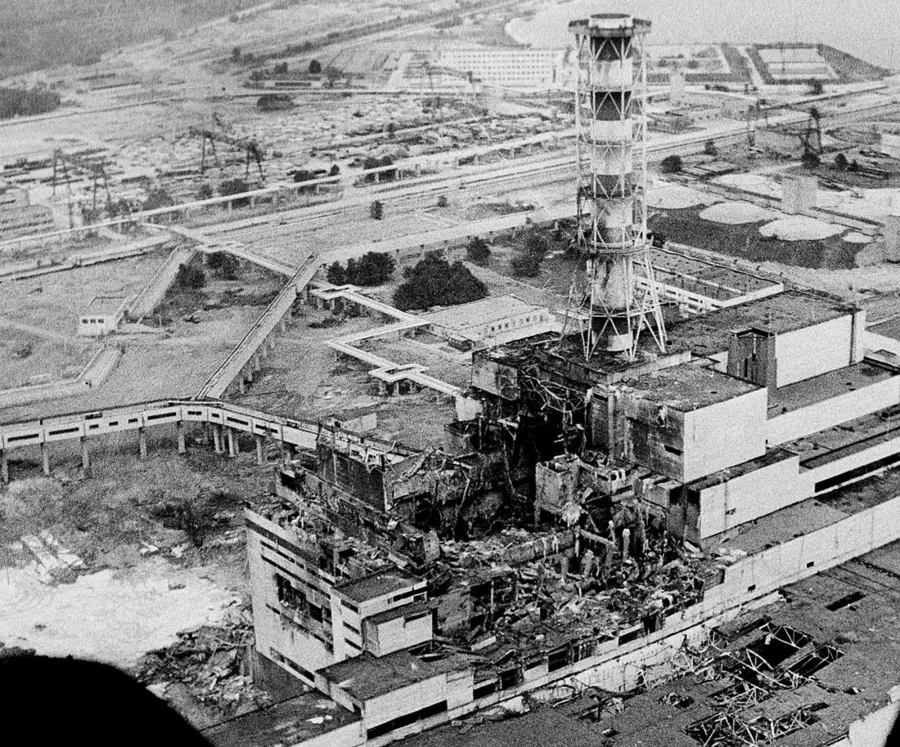This Week in History (4/24)
April 24, 2023
April 24th, 1800
President Adams granted the usage of $5,000 to establish a congressional library. The Library of Congress is now officially the largest library in the world.
April 25th, 1990
Violeta Barrios de Chamorro became the first female president, not only of Nicaragua, but in all of Central America.
April 26th, 1986
A fire and explosion at the nuclear power plant Chernobyl in Ukraine released an incredible amount of radioactive material into the environment. 31 people died and the health of many more was seriously impacted.
April 27th, 1792
Mary Wollstonecraft, the British writer and philosopher who advocated for the rights of women, was born in London. She was the first to fight for female suffrage in Britain.
April 28th, 1945
Benito Mussolini, the dictator of Italy, was captured and shot by Italian civilians while he was trying to flee the nation. The Italians left his body on display in Milan where they yelled at, kicked, and spit on his corpse.
April 29th, 1770
James Cook, a British explorer, landed in Australia. The British would then go on to make this “newfound land” a penal colony.
April 30th, 1789
George Washington, the very first US president, was inaugurated in Federal Hall in New York City. He was the only President to be inaugurated in New York and is one of two presidents who were not inaugurated in Washington D.C. (John Adams was inaugurated in Philadelphia).


